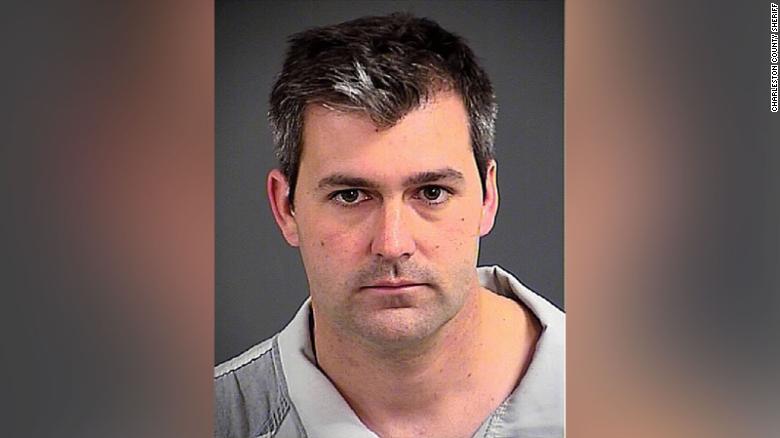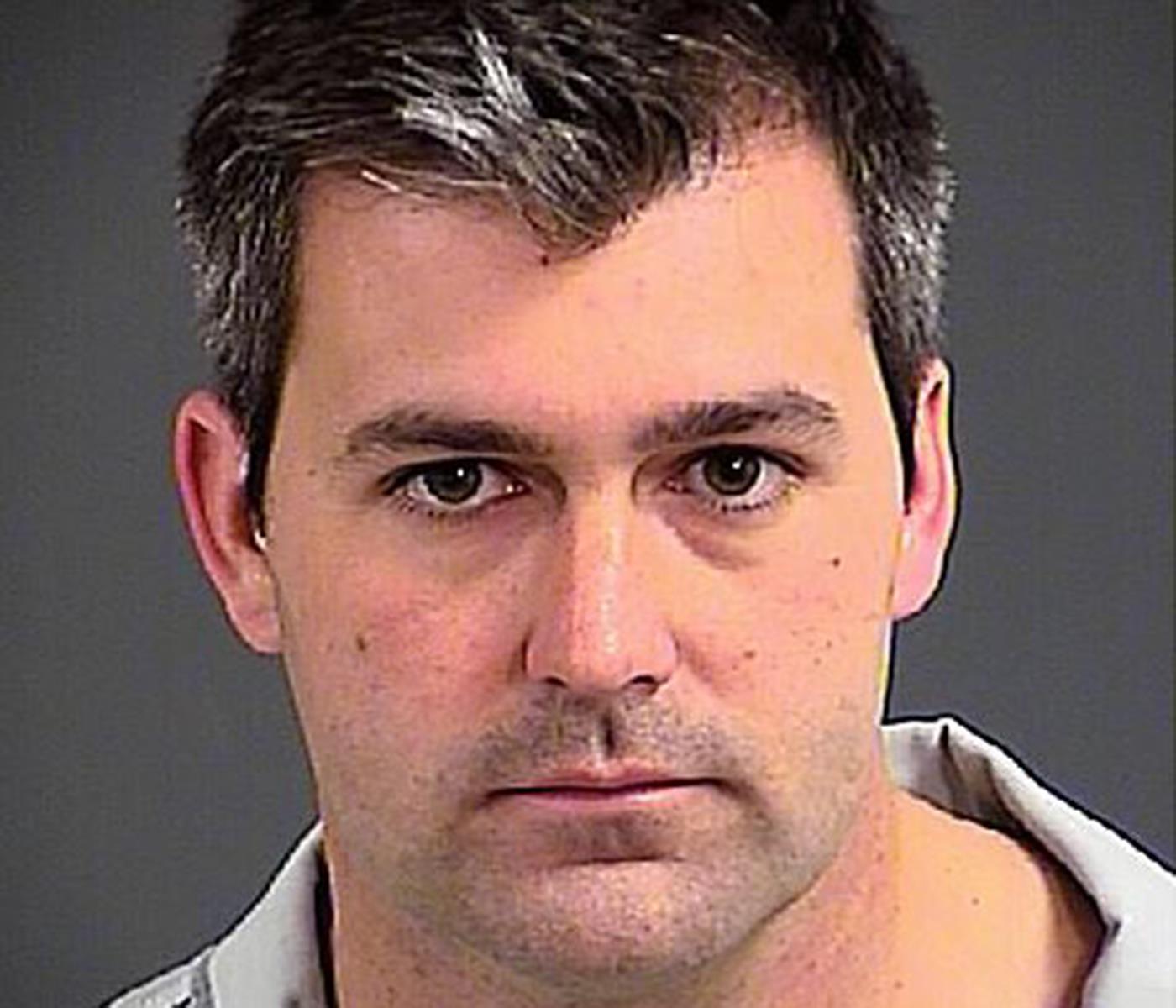I watched the video of Walter Scott being executed by a law enforcement officer. I didn’t want to watch it. First I read about it and posted a photo of the devil in human form standing over Scott, possibly dead at the time, handcuffed. From that, I decided not to watch the video. I knew the combination of emotions; rage, anger, pain, helplessness, and many more, that would result from watching it. Thankfully, I was challenged by a friend to watch the video. “We must bear witness. It is the least we can do to honor Mr. Walter Scott; father, brother, son and friend,” he said. When I said I still may not watch, my friend responded, “the powers that be are banking on us not to watch. They would prefer we kept ourselves numb and accept this behavior as par for the course of being black in America.” Immediately after reading his comments, I watched the video.
Unfortunately, this is a story that we have all watched before, or read before. As blatantly as Walter Scott was executed, the officer was as quick to begin his attempt to cover up his actions. This led me to ponder whether he would have gotten away with murder if there was no video? Rolling out spoke with New York City-based attorney Jamel Oeser-Sweat about this hypothetical scenario that unfortunately has become reality far too often.
“Rare is it that a police officer faces murder charges after a shooting like this. Absent the video, an officer would have stated that he feared for his life and that he was under attack, and given the current landscape, he most likely would have been believed,” he said. “Unfortunately, he would more than likely have been believed by a lot of Americans of all races, colors and creeds, which would make up a jury in a case like this.”
Oeser-Sweat, who defends criminal cases and brings civil rights cases in connection with police misconduct to the judicial system, cleared up a misbelief. “People often have the misconception that if a felon is fleeing, deadly force is justified, but the Supreme Court has made it clear that such is not the case.”
What type of actions are justifiable? “The police have authorization under the law to use justifiable force. That is not a license to kill,” said Oeser-Sweat.
Thankfully, in the case of the execution of Walter Scott, the video should ensure justice. “The use of video changes the game. It allows us to see what happens. It is a deterrent. However, it is no substitute for proper training, instruction and supervision of officers with respect to justifiable force,” said Oeser-Sweat.
The South Carolina Criminal Justice Academy provides 12 weeks of training to officers, up from nine weeks, the amount of training the officer who executed Walter Scott went through. The U.S. Department of Justice’s Bureau of Statistics reports that as of 2009, the national average was 19 weeks, so South Carolina is severely lacking in training. Unfortunately, additional training may not have made a difference if a law enforcement officer intends to kill.
At the very least, this incident shows that law enforcement officers need to wear a body camera, as well as cameras on their cars in every department across the country. This would enable the truth to come out, and both alleged criminals and officers alike to be vindicated. In this case, the video is likely to send the officer to jail. Unfortunately, he is in jail too late for Walter Scott, his family, friends and loved ones. May his soul rest in peace.
Lets get social! Follow Derrel Jazz Johnson on YouTube Twitter and Instagram














